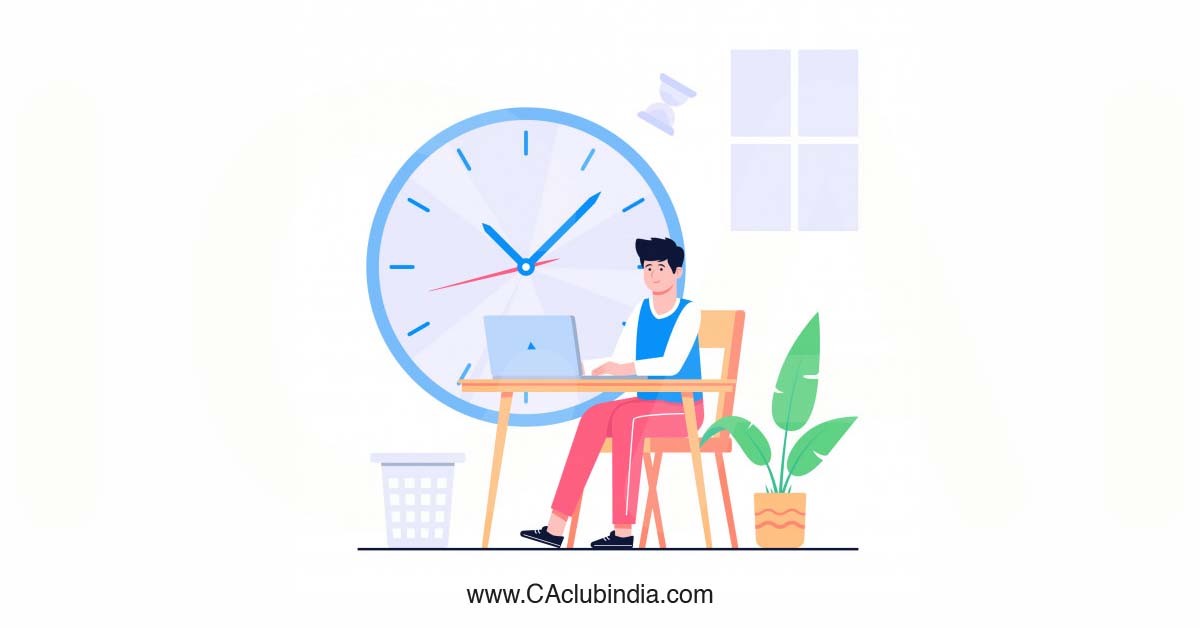The exam period is usually a stressful time that can make students focus completely on their studies, neglecting their health. Even upper-level students who have previously taken dozens of exams have a tendency to be a little crazy, picky, and lose weight without proper diet and exercise. These tips can help nourish the brain and optimize health during the exam phase for anyone approaching an exam.
1. Eat Small Portions, often Eat Nutritious Food
Obviously, you want to spend more time studying than preparing for meals, and you can even justify your unhealthy eating habits - eating burgers, coffee, pizza, and other fast food - as 'stuff' for such hard work. However, these elements are very low in nutrients and slow you down, making it difficult for you to focus.
If you have access to homemade food, eg. For example, if you live with your parents or have access to a cafeteria, you can take a break for healthy meals. Alternatively, share your shopping and cooking duties with your roommate, who also has exams, or cook two or three servings so you can reheat what you need and cut the cooking frequency by at least half. In addition to eating a balanced diet, follow these tips.
- Eat more brain food to optimize your memory. These foods include whole eggs, fruit, green leafy vegetables, nuts and seeds, fruit and fish – especially salmon, high in omega-3.
- Eat small portions to ensure stable energy and avoid loss of energy from heavy meals.
- Avoid high-sugar and high-fat snacks to keep blood sugar levels stable.
- Stay hydrated by drinking water or coconut water, milk drinks or herbal teas.

2. Get Enough Sleep and Rest
Many people don't mind studying late for a few weeks to take an exam. It's a small compromise for weeks and months of laziness in class. However, adequate rest is very important to maintain optimal brain function.
Choose a time to sleep, then give yourself at least an hour before bed to rest and relax. Take a shower, check your social media, watch videos on YouTube, or do something other than study or work to relax. You shouldn't have trouble sleeping because your mind is already tired, although some exercise during the day will likely help you fall asleep faster.
3. Exercise
During exam time, it's tempting to skip your usual practice to save energy and give you more time to study. However, scientists claim that exercise is beneficial for brain activity because it increases blood flow to the body, including the brain. Given that exercise can help people avoid dementia, a little exercise can help during exams.
Try doing some daily activities such as hiking, biking, jogging, climbing stairs, or anything else to stimulate blood circulation and help your body and mind relax. Exercise can also energize you when you have trouble concentrating.
4. Socialize
You may think that you will have plenty of time to meet up with your family and friends after the exam. Also, your friends who are also focused on their exams are likely to be as you are.
If you're an outdoors person, closing yourself in on long-term study can be quite a daunting task. A short break from studies to play or have fun with friends may be enough to feed you for the next day or two. Taking part in group training is another way to use human interaction while correcting your weaknesses with the help of your peers.
5. Stress Management
It can be hard to stay calm and relaxed during an exam, but a little stress isn't necessarily a bad thing if it keeps you focused. However, too much stress can have the opposite effect and make it difficult to concentrate and study.
The following tips for controlling stress that will help.
- Start reviewing early and organize your training. As you approach the exam, it will give you peace of mind that you have done enough work to get a good result.
- Find distractions when you feel overwhelmed. If you're feeling tense, you should do something to calm your mind, like watch cat videos on YouTube or go out with friends who are less stressed.
- Don't compare yourself to your classmates. Discussing how much each of you has done can create panic if you feel unprepared and low on self-esteem.
- Take a break, preferably with a friend, to exercise, socialize, or do something fun that will help you relax.
- Manage your audit schedule wisely to avoid unnecessary stress. The night before a particular exam, it may be better to relax and smooth out some areas than to learn many new things.
Summing up:
It is very important to provide support throughout the course and during the exam through proper nutrition, exercise, communication and stress management. This takes the pressure off the exam and makes things a little easier.









 CAclubindia
CAclubindia
